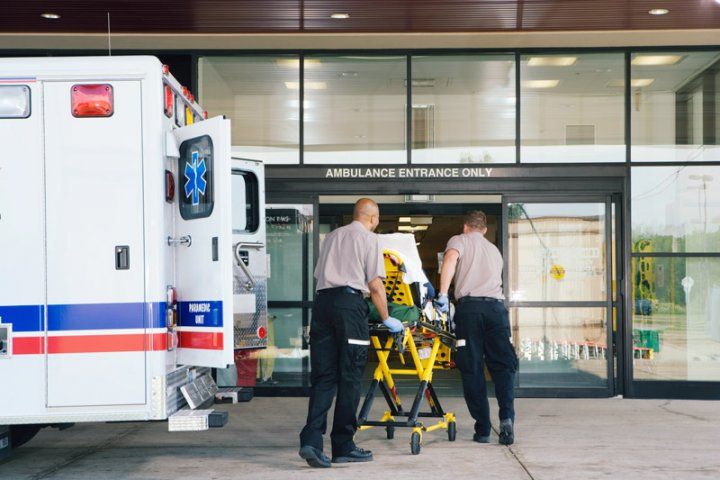UCSF Research Study Reveals Emergency Sees and Hospitalizations Made by Patients with Addictions Increased 30 Percent from 2014-2018
By.
Elizabeth Fernandez

An increasing portion of emergency check outs and hospitalizations in the United States prior to the pandemic included patients with alcohol and other substance use disorders, according to a research study by UC San Francisco scientists. The authors state hospitals need to establish much better methods to recognize and deal with those patients.
The research study, led by Leslie Suen, MD, MAS, of the UCSF Department of Medicine, discovered that from 2014 to 2018, emergency department (ED) check outs made by grownups with alcohol and substance use disorders increased by 30 percent. Hospitalizations amongst patients with those disorders increased by 57 percent.
The authors discovered that throughout the research study duration, one out of 11 ED check outs and one out of 9 hospitalizations each year included an individual with an alcohol or anothersubstance use disorder
” These data are equivalent to common conditions like cardiac arrest, however hospitals and EDs are seldom as geared up to reward addiction as they are to reward cardiovascular diseases,” stated Suen, a fellow in the National Clinician Scholars Program at the UCSF Philip R. Lee Institute of Health Policy Research Studies
” These information recommend that there is an urgent need for hospitals to establish systems of hospital- based interventions to provide addiction treatment for those accessingemergency and inpatient care Designs supplying hospital- based addiction services currently exist, consisting of UCSF’s Addiction Care Group at San Francisco General Hospital.”
The research study was released on Sept. 13, 2021, in the Journal of General Internal Medicine
The scientists discovered that patients with alcohol and other substance use disorders who entered into the emergency department were most likely to have Medicaid health insurance, have depression, be experiencing homelessness, have actually gotten mental health treatment and present with injury and injury.
” Illness and death from issues of alcohol and other substance use are increasing nationally,” kept in mind Suen. “Hospitals are one location where we can start to reverse that pattern, however we should be prepared to recognize and deal with these patients while they are in the hospital and continue following and treating them after they are released, too.”
For the research study, the scientists examined information from the National Hospital Ambulatory Healthcare Study, an yearly study administered by the National Center for Health Data. Alcohol use disorder and other substance use disorders were determined based on patients’ medical charts.
” Our quote of alcohol and substance use disorders amongst ED check outs is greater than in some other current research studies,” stated Suen. “This is perhaps since our research study is the very first to use extensive medical chart evaluations, which are most likely to show real occurrence of these disorders, instead of relying entirely on billing diagnosis codes.”
UCSF co-authors are Leslie Suen, MD, MAS; Anil N. Makam, MD, MAS; Hannah R. Snyder, MD; Daniel Repplinger, MD; Margot B. Kushel, MD; Marlene Martin, MD; and Oanh Kieu Nguyen, MD, MAS. The research study was supported by the National Heart, Lung and Blood Institute. The authors state no disputes of interest.
The University of California, San Francisco (UCSF) is solely focused on the health sciences and is committed to promoting health worldwide through innovative biomedical research study, graduate-level education in the life sciences and health occupations, and qualityin patient care UCSF Health, which acts as UCSF’s primary scholastic medical center, consists of top-ranked specialized hospitals and other clinical programs, and has associations throughout the Bay Location.
